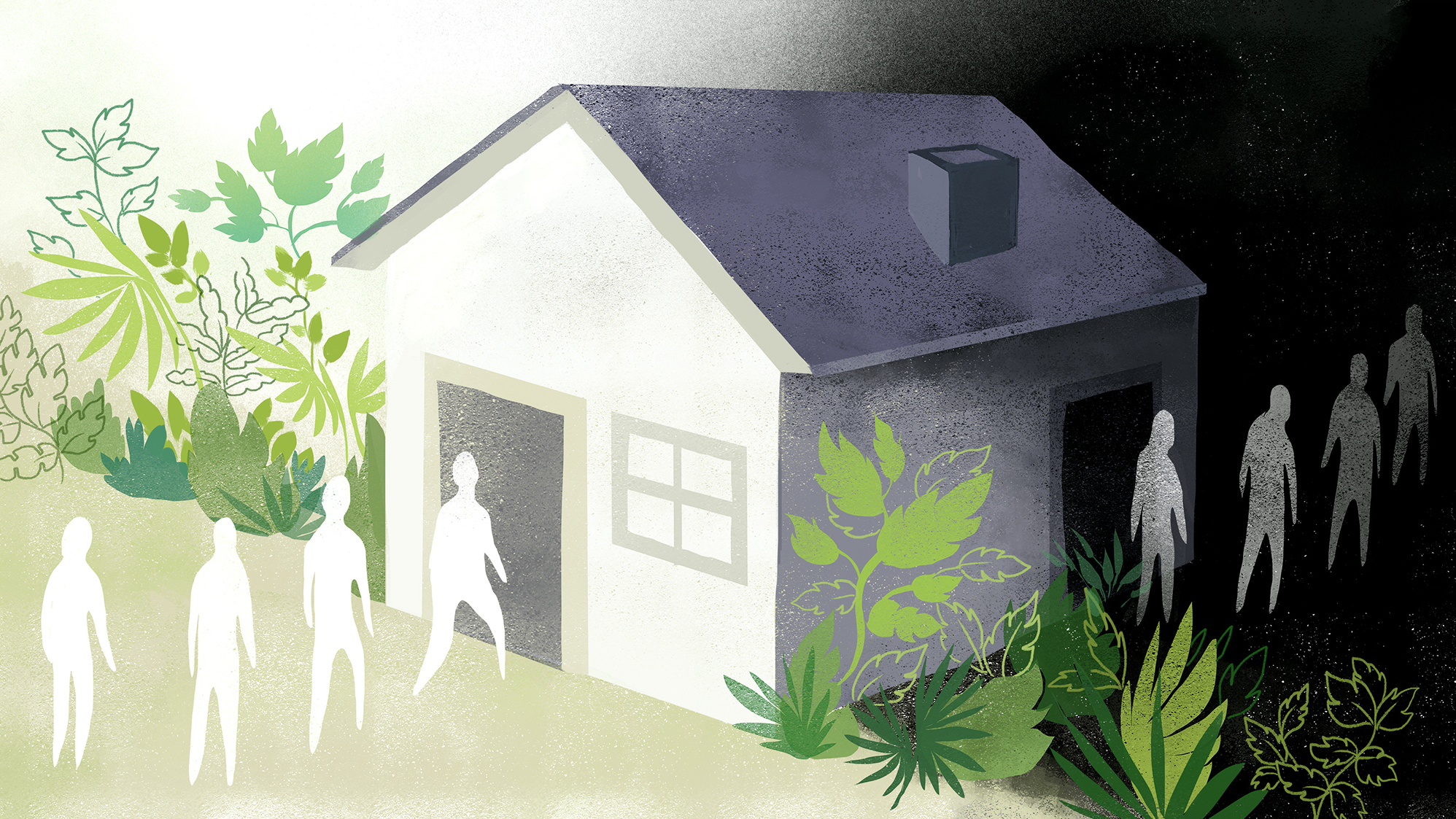
Understanding A Sober Living Home
Sober living homes, also known as recovery residences, halfway houses, or transitional residences, offer a structured and supportive environment for individuals adjusting from addiction treatment to everyday life. These homes emphasize sobriety support and the 12 steps to recovery, providing a safe space to rebuild lives.
Criteria for Choosing the Right Home
When selecting a sober living home, consider these crucial factors:
Effectiveness: Research the home's success rate and testimonials from former residents.
Location: Choose a home near supportive family and friends or one in a serene setting conducive to recovery.
Environment: Ensure the home offers a peaceful, upbeat atmosphere with amenities promoting well-being.
Staff and Support Services
Qualified staff play a vital role by offering guidance and support. Your recovery needs to ensure the home employs experienced professionals dedicated to facilitating recovery. Additionally, look for homes providing comprehensive support services such as counseling, group therapy, and community engagement opportunities.
Evaluating Amenities and Community Engagement
Amenities like fitness facilities, recreational areas, and communal spaces can significantly impact recovery. A strong sense of community and peer support is equally important, fostering connection and accountability among residents.
Financial Considerations
Understanding the costs and payment options is crucial. Inquire about insurance coverage, sliding-scale fees, or other financial assistance programs to make the transition more affordable.
Success Stories and Testimonials
Learning from those who've walked the path can be inspiring. Seek success stories and testimonials from former residents to gauge the effectiveness of the sober living home.
Practical Tips for Transitioning
Visit potential homes beforehand to get a feel for the environment.
Speak with current residents and staff to understand daily life and routines.
Prepare a list of questions about house rules, curfews, and expectations.
Family Support and Involvement
Family involvement can be pivotal in recovery. Look for homes that encourage family participation in support groups or educational workshops to better understand and aid in recovery.
Creating a Personalized Aftercare Plan
Before leaving a sober living home, develop a personalized aftercare plan to maintain sobriety. This plan might include ongoing therapy, support group meetings, and setting personal goals.
